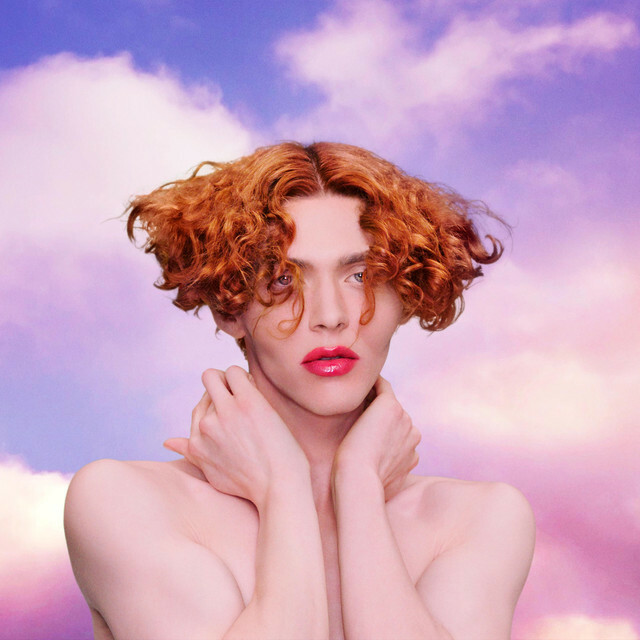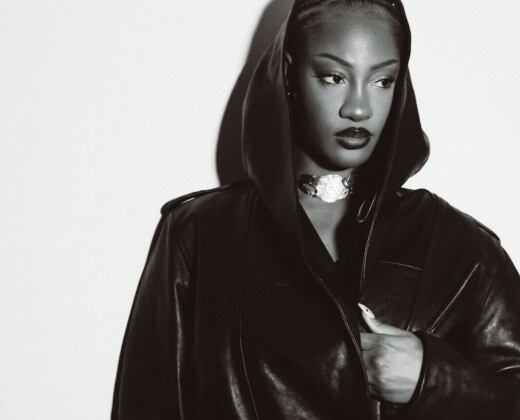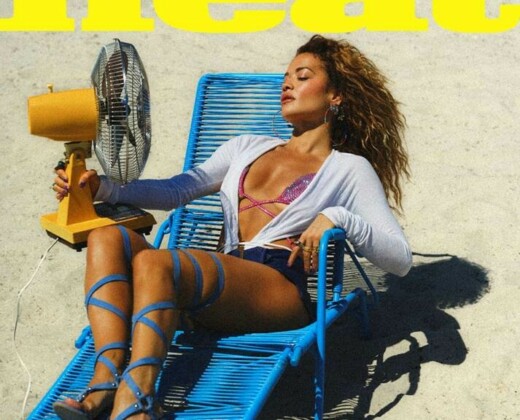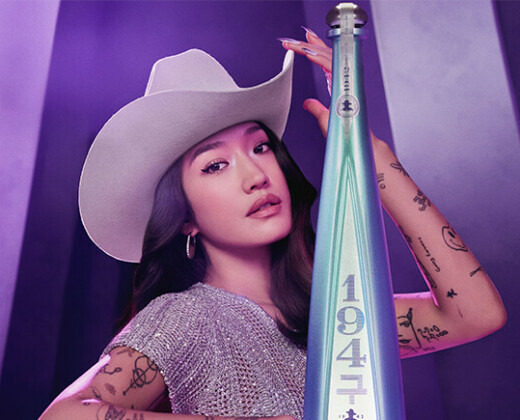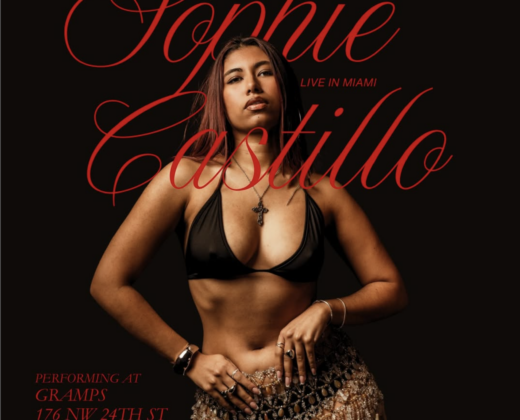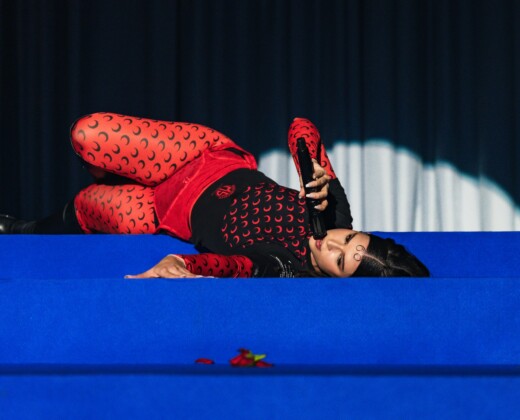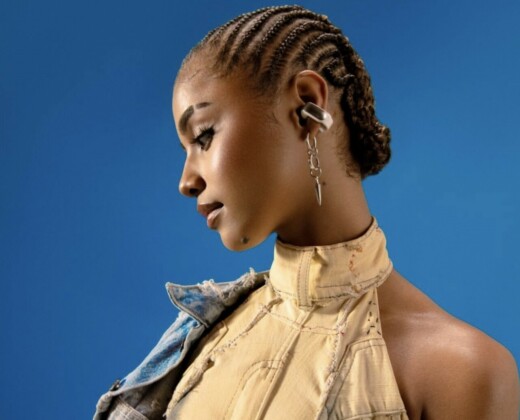With Grammy winners Lizzo, Beyoncé, and Kim Petras all shouting out the love and creativity that the LGBTQ+ community has always radiated at the Grammys this week we thought it appropriate to give recognition to some of the queer artists that have made the music that we love today possible. We’ll give you the rundown on eight impactful queer artists and why their music, style, and activism make them our idols.
Madonna
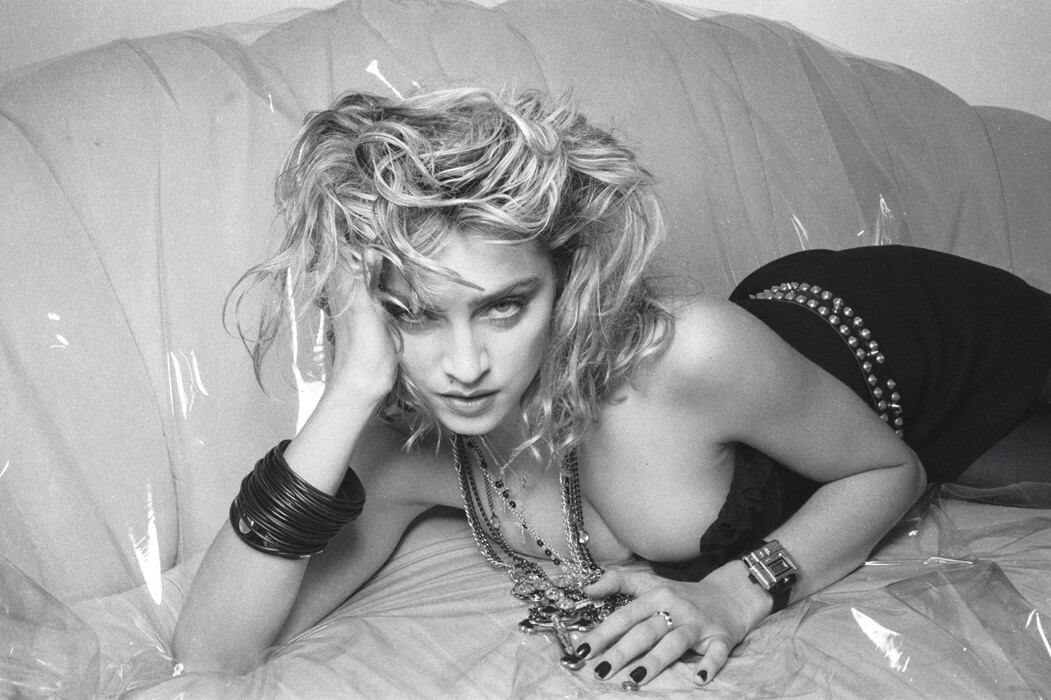
Kim Petras made us all tear up with her moving acceptance speech at the Grammys after making history as the first transgender woman to win Best Pop Duo/Group Performance with ‘Unholy’. One of the people she thanked was Madonna “for fighting for LGBT rights”. Madonna has always made it abundantly clear that she is an advocate for gay rights and has been dubbed the “greatest gay icon” by many. She acknowledged on the Ellen DeGeneres show in 2010 that without the gay community she wouldn’t have a career. By submerging aspects of gay subculture in her ever current and changing sound and image she has brought gay culture them into the mainstream and has been heralded as responsible for the breaking down of social barriers and promoting acceptance.
Just one example of this is the incredible video for ‘Erotica’. It’s one of Madonna’s best looks. Madonna is a crop-welding sexy dominatrix dressed in a leather dress with a mask and tie presenting gay culture as something beautiful. The video includes everything from bondage to drag to gay men and women kissing to group sex and does so with taste. Erotica is important for many LGBTQ+ fans as it doesn’t shy away from taboos and represented gay people like themselves when not many were visible in the media. Several of the songs on Erotica also address the AIDs crisis to which Madonna lost two close friends. Madonna was one of the first in the entertainment industry to advocate in response to the epidemic in the 1980s.
Madonna’s sexuality has been speculated for decades. She’s been linked romantically to women since the the 80s and whilst she neither confirms nor denies these she told the LGBT magazine The Advocate that she believed “everybody has a bisexual nature” in 1991. Recently she seemed to come out in a hinting TikTok that now has over 40M views.
Prince
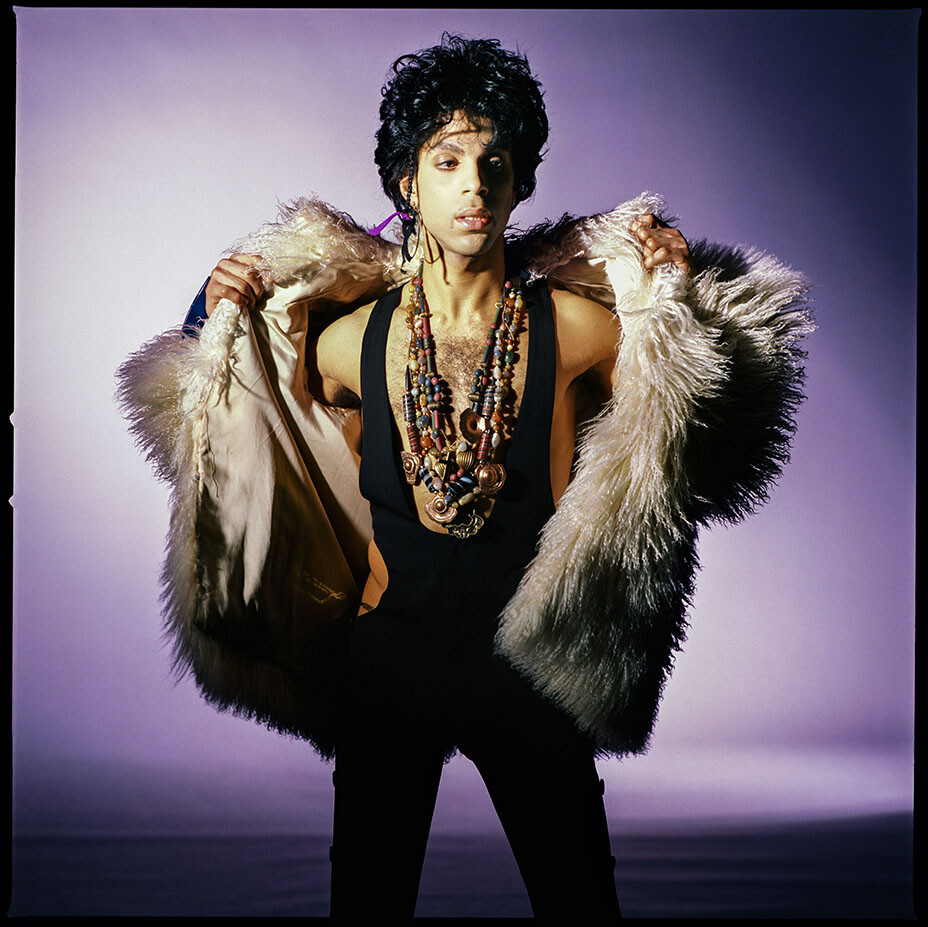
“When we lost Prince, I decided to dedicate my life to making positive music”, Lizzo emotionally revealed in her acceptance speech for Record of the Year at the Grammys this week. In the Prince spirit, she advised her fans watching around the world to “stay true to themselves”.
The androgynous, flamboyant, purple-loving, feather-boa-adorned, heel-wearing, master of sex appeal did that pretty well. His flirtations with feminine fashion and make-up both on and off stage blurred the slowly crumbling gender binary in the 80s and he became a sex icon for all to lust after. Prince never confirmed his sexuality to the public toying with fans on tracks such as the funky ‘Controversy’ where he asks the question “Am I black or white? / Am I straight or gay?” but gives no answer.
Despite this modern musical queer pioneers such as Gaga, Janet Monáe, and Frank Ocean have all cited the artist as impactful on their work. After Prince’s death in 2016, Frank Ocean paid tribute to the artist writing, “He was a straight black man who played his first televised set in bikini bottoms and knee-high heeled boots, epic. He made me feel more comfortable with how I identify sexually simply by his display of freedom from and irreverence for obviously archaic ideas like gender conformity.”
His music (when he wasn’t making us sob with heart-breaking ballads like ‘Purple Rain’ or ‘When Doves Cry’) is uplifting and jubilant with the grooviest guitar riffs and campy vocals. It acts as a comfort for many for don’t fit with societal norms like himself – for that he is undeniably a gay icon.
Dusty Springfield
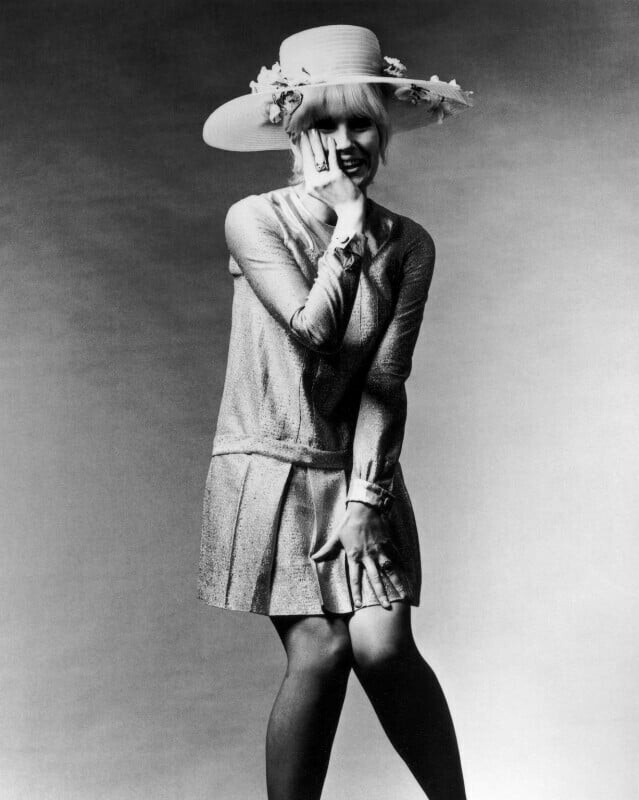
Though a peroxide blonde beehive rocking icon of the Swinging Sixties who was loved by many, Dusty Springfield’s life was fraught with tragedy. Her childhood was troubled, and she struggled throughout her lifetime with addiction and mental health issues. The British blue-eyed soul singer’s sexuality was one point of anxiety for the artist in the start of her career. Although the Beatles were singing ‘All You Need Is Love’, the world was unaccepting of gay relationships in the 60s and Dusty feared she may lose her career if she was outed.
From 1966 to the early 1970s, Springfield lived with her girlfriend Norma Tanega, ‘You’re Dead’ singer and songwriter for Dusty. Growing tired of the public speculation, she boldly told the Evening Standard in 1970: “Many other people say I’m bent, and I’ve heard it so many times that I’ve almost learned to accept it … I know I’m perfectly as capable of being swayed by a girl as by a boy. More and more people feel that way and I don’t see why I shouldn’t”. Thus, she became one of the first out lesbians in mainstream pop.
That courageous and self-assured statement is why we love Dusty. In her music, her sophisticated and classy vocals drip sex appeal and suave soulfulness. If you’re looking for a place to start Dusty In Memphis is a timeless album that will wrap you up with its dizzying orchestral instrumentals and Dusty’s incredibly dramatic lush vocals.
It’s easy to see why by the 90s she had become renowned in queer culture as a camp icon. Her over-the-top hair, dramatic eye looks, and colourful clothes became an influence for many drag queens and despite her untimely death from cancer in 1999 she lives on in our hearts as an intrepid performer.
Frankie Knuckles
Dubbed the Godfather of House, all contemporary dance music would be vastly different if not for the late great Frankie Knuckles. Electronic music fans may be unaware that house music got its start in the black queer community. Knuckles moved from New York to Chicago in the 70s and became a regular DJ at the club Warehouse where he mixed disco, soul, and Euro synth-disco to make the genre warehouse – shorted to house. The club was initially for black gay men, like Knuckles and owner and fellow DJ Larry Levan, but its growing popularity began attracting white straight audiences.
Knuckles has been recognised a major component in the sound of EDM. He was inducted into the Chicago Gay and Lesbian Hall of Fame in 1996, won a Grammy Award for Remixer of the Year, Non-Classical in 1997, and even has a street in Chicago where Warehouse once stood named after him. After his passing in 2014, Obama was among those to pay tribute to the artist.
One of Frankie’s greatest sets, Live at the Ministry of Sound 1991, was recorded as a bootleg and is available to listen to on YouTube. If you want to see Mr Knuckles in action his Boiler Room set from 2013 is something wonderful to behold. Intoxicating house keys lie on top of repetitive beats that seep into your soul filling it with total warmth whilst fractions of sentences will flood you with a curious nostalgia – it’s clear he is the master of the floor.
Big Freedia
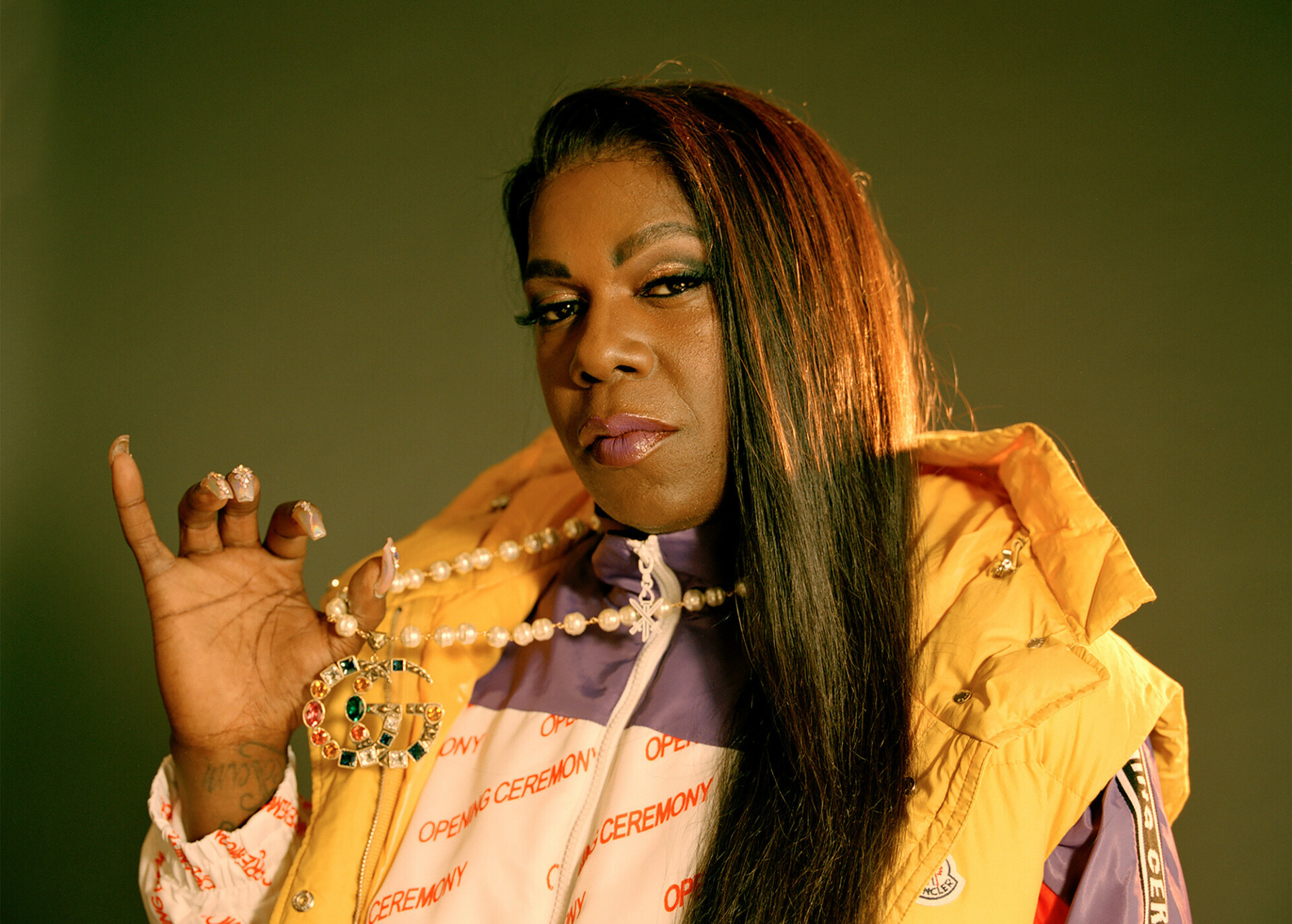
You may not have heard of Big Freedia but you’ve definitely heard her voice – on the beginning of Beyoncé’s 2016 single ‘Formation’ where she taunts, “I did not come to play with you hoes, ha-ha. I came to slay, bitch! I like cornbread and collard greens, bitch! Oh yas, you besta believe it,”. The New Orleans rapper has been credited with popularizing bounce music, which has been underground since its start in the 1990s. Bounce music is where twerking originated so it’s thanks to Freedia that we are all familiar with the infamous move today.
Freedia is a gay man who calls herself “gender non-conforming, fluid, non-binary” choosing to use both she/her and he/him pronouns believing that gender is on a spectrum.
The larger-than-life performer has been prolific in his collaborations working with RuPaul on his ridiculously fun fan favourite ‘Peanut Butter’, with Drake on his number-one hit ‘Nice for What’, Lizzo, Kesha, New Kids on the Block, Jordin Sparks, Naughty by Nature, and Boyz II Men. Most recently, she was sampled on Beyonce’s number-one hit ‘Break My Soul’ from that year. Outrageous, unapologetic, and full of energy – we could all do with being a bit more like Freedia.
Sylvester
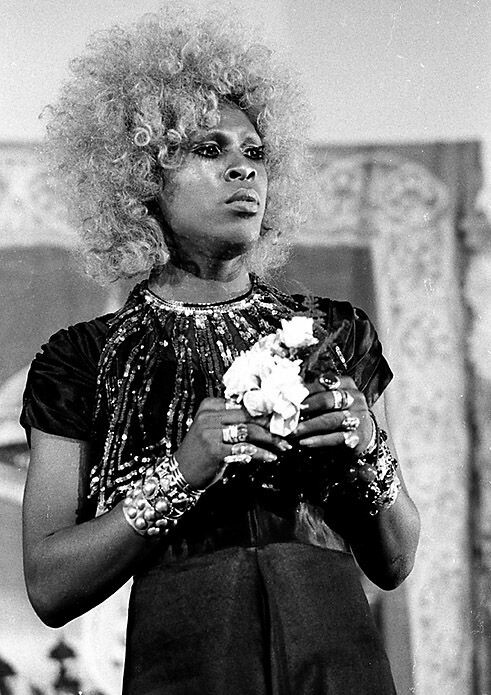
Sylvester was given the moniker the ‘Queen of Disco’ in the late 70s, but the ‘Queen of Falsetto’ would also have been fitting. With his distinctive vocals and glamourous style, he was a shining star in the disco scene.
Born in Los Angeles, he found a love of singing through the gospel choir of his Pentecostal church but left after they expressed disapproval of his sexuality. He found himself at home among a group called the Disquotays made up of black cross-dressers and transgender women. In 1970, Sylvester moved to San Francisco where he joined the drag troupe the Cockettes whose shows were influenced by female blues and jazz singers Billie Holiday and Josephine Baker.
Sylvester’s success came with his second solo album Step II in 1978. The standout tracks are the two hit singles ‘You Make Me Feel (Mighty Real)’ and ‘Dance (Disco Heat)’. ‘You Make Me Feel (Mighty Real)’ encompass everything great about the genre with the racing bassline, electrifying synths, and high-pitched adlibs – it’s essential in any 70s mix.
The star campaigned against the spread of HIV/AIDS throughout the 80s but tragically passed from complications arising from the virus in 1988. He left all future royalties from his music to San Francisco-based HIV/AIDS charities continuing his compassion for the queer community even in death.
Sylvester’s influence can be heard in the works of RuPaul, New Order, and Jamiroquai, as well as plenty of modern nu-disco artist. Perhaps one of the greatest parts of his legacy is that he showed a generation of young black femme men that it was ok to be fabulous.
SOPHIE
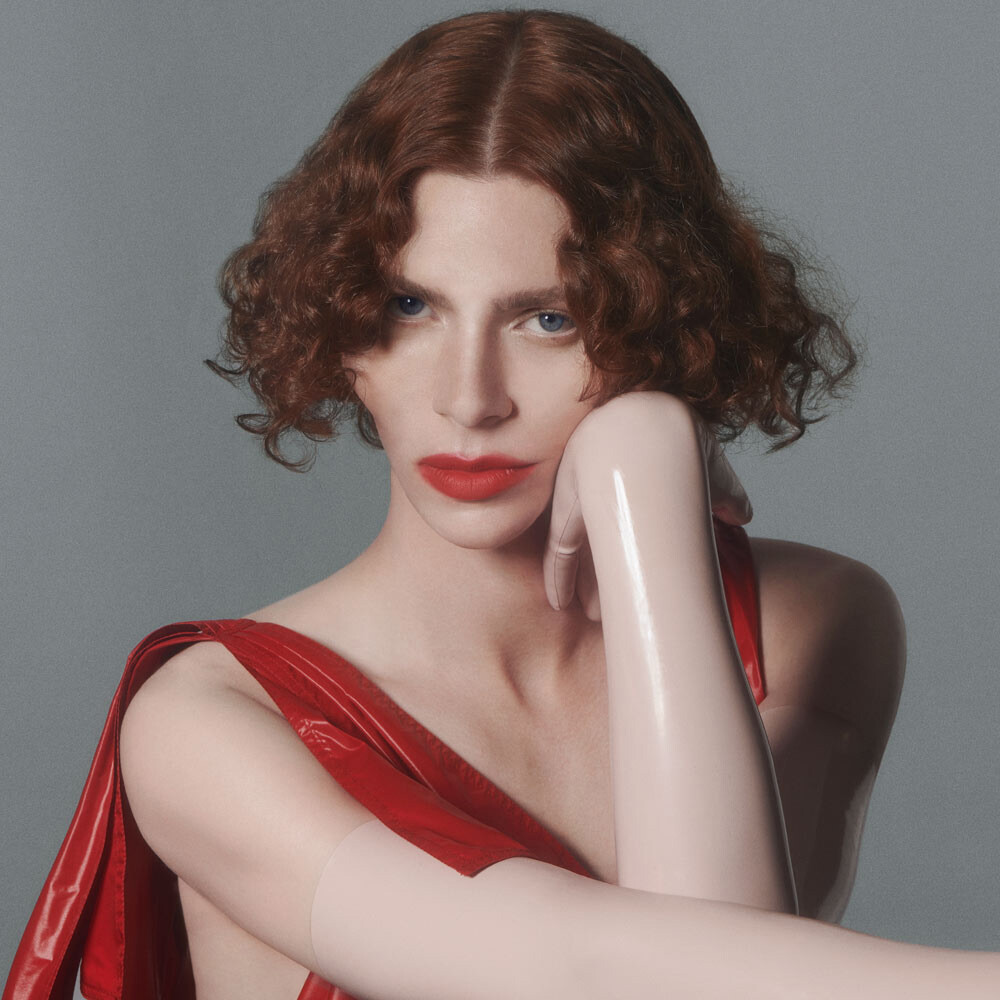
As well as thanking Madonna in her emotional acceptance speech for Best Pop Duo/Group Performance at the Grammys last week, Kim Petras also thanked the “incredible transgender legends before me who kicked these doors open for me” when she became the first transwoman to win the award. She continued to highlight her friend Scottish DJ SOPHIE and thanked her for her support saying, “Thank you so much for your inspiration, SOPHIE. I adore you and your inspiration will always be in my music”.
The loss of SOPHIE was felt by the whole of the music world back in 2021 with everyone equally heartbroken and shocked by the news that the rising star had passed after falling from a rooftop in Athens whilst trying to snap a photo of the moon.
SOPHIE began her career shrouded in mystery. She once was famous for employing stand-ins to lip-sync at her gigs, which generated quite a buzz with fans dying to know her real identity. Her feminine bubble-gum tracks attracted a gay and female audience but she inexplicitly received hate from social media with some of the internet assuming her music was made by a cis man adopting a female stage name in order to appeal to a particular audience. With the music video for ‘It’s Okay to Cry’ in 2017 SOPHIE cleared the rumours of her identity and came out as a transwoman. SOPHIE appeared from the bust upwards in the video like an angel against the pink and blue cloud background with glossy berry lips and her now signature cropped ginger cut nude.
Though we were only graced with one album from the hyperpop artist, 2018’s OIL OF EVERY PEARL’S UN-INSIDES, already her influence on the genre is evident. Oscillating between heartfelt electropop ballads like ‘It’s Okay to Cry’ to the bass-heavy wonky ‘Ponyboy’ and then to the sublime pop bop ‘Immaculate’, she subverts the listener’s expectations at every turn keeping us enthralled.The album earned her a nomination for the Grammy Award for Best Dance/Electronic Album.
The now legendary producer worked with Charli XCX, Madonna, Vince Staples, Kim Petras, and Let’s Eat Grandma. Charli also dedicated her chart-topping album from last year, CRASH,to the singer. Although it’s hard to think about the opportunities her death cut her off from, we’re comforted knowing that she can never be forgotten, and her music will influence the next generation of pop artists and continue to inspire her contemporaries.
Frank Ocean
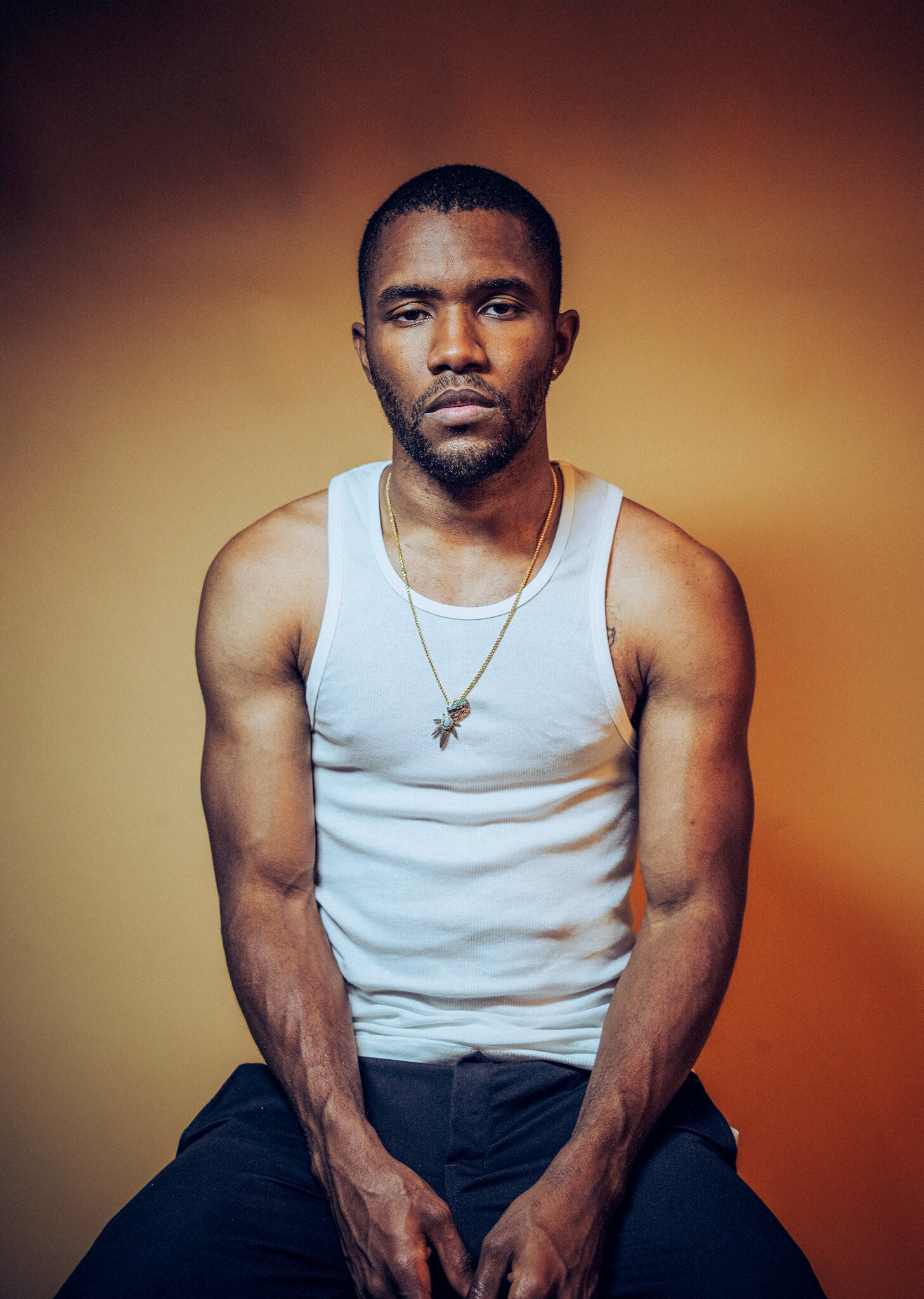
Christopher Edwin Breaux, better known as Frank Ocean, has undoubtedly changed the sound of hip hop and R&B fusing a psychedelic soul sound into the genre that contemporaries and fans have been enchanted by.
Before he became a household name, Breaux went by the moniker Lonny Breaux writing songs for artists including Justin Bieber, Beyonce, John Legend, and Brandy in near anonymity.
It was in 2009 when joined Los Angeles-based hip hop collective Odd Future that he began to work on his own work fuelled by fellow Odd Futurer Tyler, the Creator and switched his name to Frank Ocean. Ocean’s debut studio album Channel Orange blew up in 2012. It received critical acclaim, debuted on the Billboard 200 at number two, earned six Grammy Award nominations, and sparked a lot of conversations about bisexuality.
In an open letter published on Tumblr, Ocean preemptively addressed speculation about his attraction in the past to another man as several of the songs on Channel Orange allude to. In the post, he thanked the man for his influence and referred to him as his first love. He also thanked his mother, saying, “I don’t know what happens now, and that’s alright. I don’t have any secrets I need kept anymore… I feel like a free man.”
Beyoncé, Jay Z, Tyler, the Creator, and other members of OFWGKTA all voiced their support for the artist and commended him for his honesty. Queer hip hop fans around the world were elated by the news that the previously very heterosexually led genre now had a bisexual man as its spearhead.
Words By: Molly Sutherland
Header Image: SOPHIE, It’s OK Not To Cry


